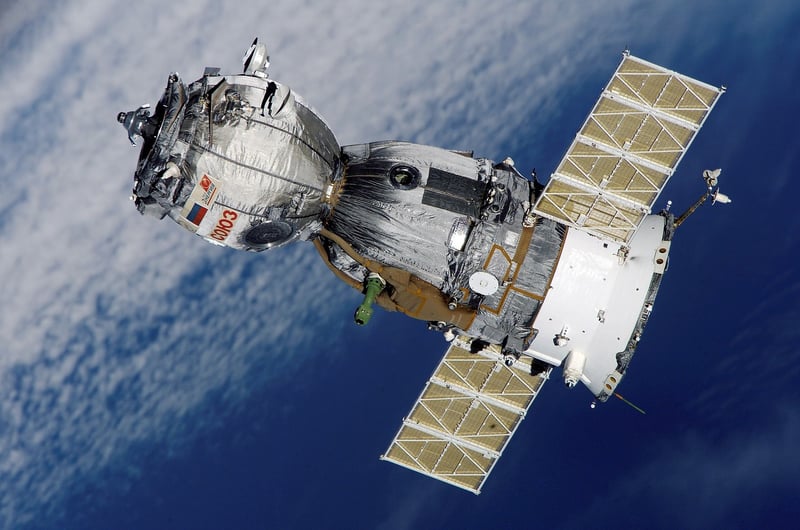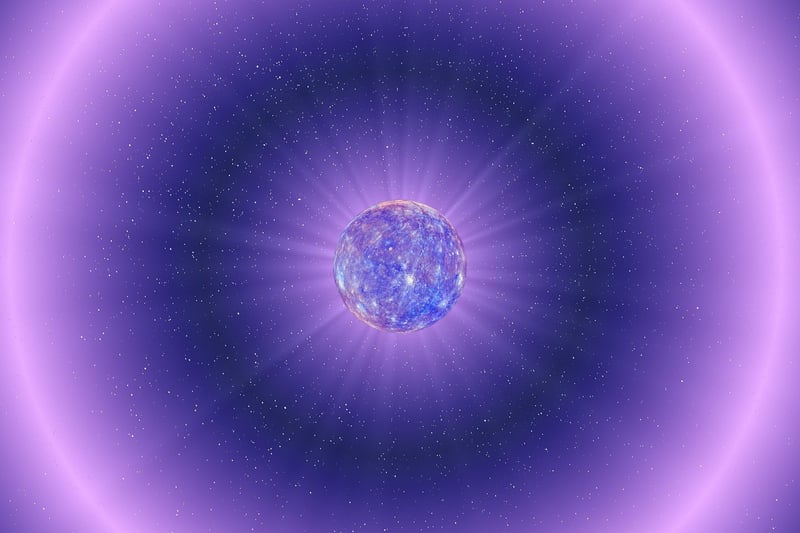Cosmic Radiation
The Dangers of Cosmic Radiation in Space
Space, with its vastness and beauty, also harbors hidden dangers that astronauts have to face, one of the most significant being cosmic radiation. Let's delve into what cosmic radiation is and the risks it poses to space travelers.
What is Cosmic Radiation?
Cosmic radiation is made up of high-energy particles, such as protons and ions, that originate from sources outside the solar system. These particles travel through space at nearly the speed of light and can penetrate spacecraft, spacesuits, and even the human body.
Health Risks of Cosmic Radiation
Exposure to cosmic radiation can lead to various health risks for astronauts, including:
- Cancer: Cosmic radiation damages cells' DNA, increasing the risk of cancer development.
- Acute Radiation Sickness: High doses of radiation can cause symptoms like nausea, vomiting, and fatigue.
- CNS Effects: Cosmic radiation can impact the central nervous system, leading to cognitive impairments and behavioral changes.
Protecting Astronauts from Cosmic Radiation
Space agencies are exploring various ways to protect astronauts from the harmful effects of cosmic radiation. Some strategies include:
- Shielding: Designing spacecraft with shielding materials to reduce radiation exposure.
- Monitoring: Monitoring radiation levels and adjusting missions accordingly to minimize exposure.
- Pharmacological Interventions: Developing drugs that can mitigate the effects of radiation on the human body.
Conclusion
While space exploration opens up new frontiers for humanity, the dangers of cosmic radiation remind us of the challenges that come with venturing beyond Earth's protective atmosphere. By understanding these risks and developing innovative solutions, we can ensure the safety and well-being of astronauts as they journey into the unknown.

Image Source: Pixabay
